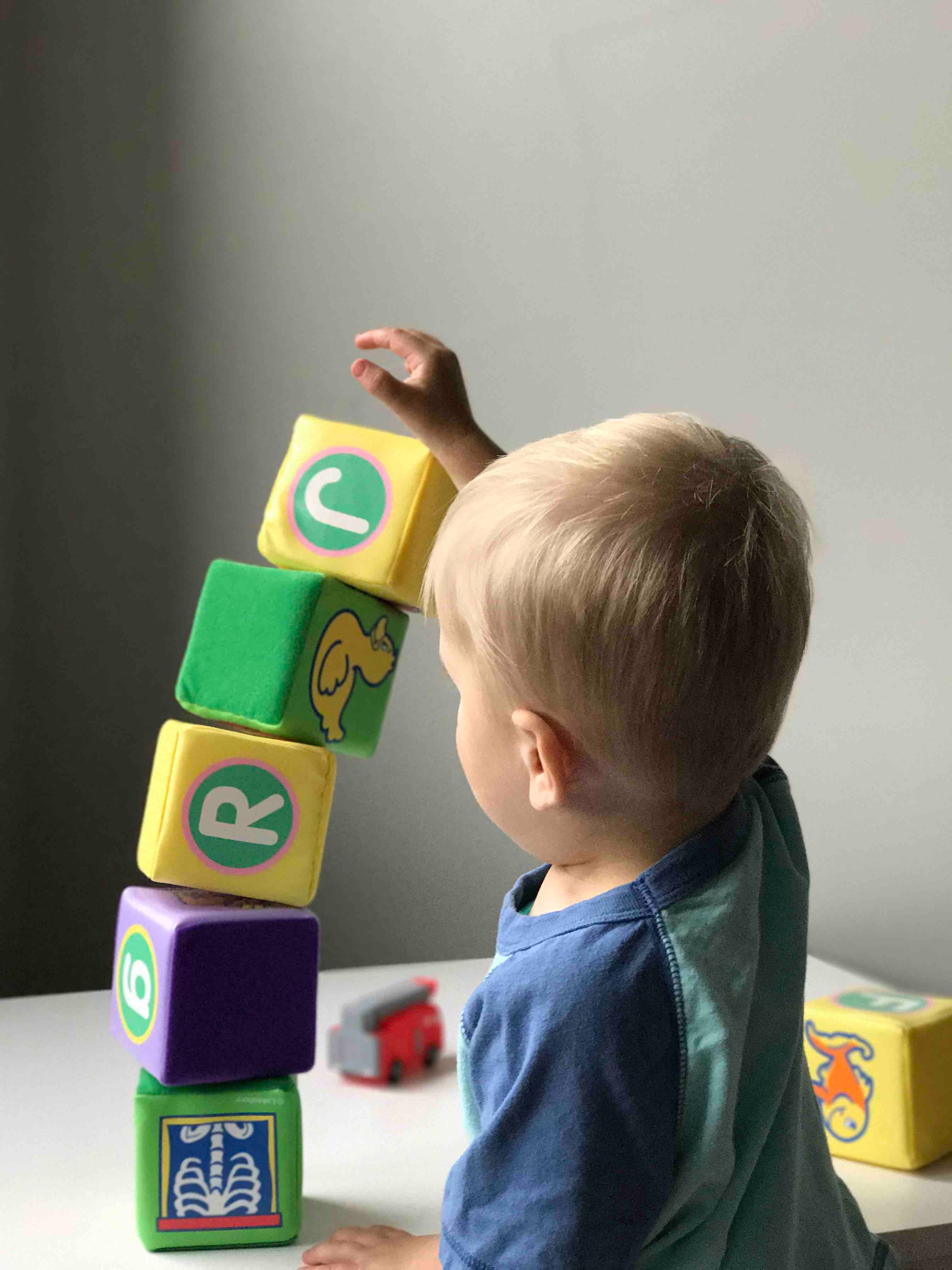Search
Research
Screen Time and Parent-Child Talk When Children Are Aged 12 to 36 MonthsGrowing up in a language-rich home environment is important for children's language development in the early years. The concept of "technoference" (technology-based interference) suggests that screen time may be interfering with opportunities for talk and interactions between parent and child; however, limited longitudinal evidence exists exploring this association.
Research
Arcuate fasciculus and pre-reading language development in children with prenatal alcohol exposurePrenatal alcohol exposure (PAE) contributes to widespread neurodevelopmental challenges, including reading, and has been associated with altered white matter. Here, we aimed to investigate whether arcuate fasciculus development is associated with pre-reading language skills in young children with PAE.
Research
Caregiver sensitivity predicts infant language use, and infant language complexity predicts caregiver language complexity, in the context of possible emerging autismWhile theory supports bidirectional effects between caregiver sensitivity and language use, and infant language acquisition-both caregiver-to-infant and also infant-to-caregiver effects-empirical research has chiefly explored the former unidirectional path. In the context of infants showing early signs of autism, we investigated prospective bidirectional associations with 6-min free-play interaction samples collected for 103 caregivers and their infants (mean age 12-months; and followed up 6-months later).

News & Events
ORIGINS reaches key milestoneORIGINS, a collaboration between The Kids and the Joondalup Health Campus, has achieved a major milestone – recruiting its 1000th family.
Research
Maternal Serum Vitamin D Levels During Pregnancy and Offspring Neurocognitive DevelopmentNew research links poor language to lack of Vitamin D in womb.

The Human Development and Community Wellbeing Team conducts research across the lifespan from conception, childhood, and youth to adulthood and the social determinants that impact and influence outcomes. The team’s focus is on the broader life course of individuals and communities within the family, school, and online environments, and includes economic evaluation of programs and outcomes.

News & Events
Twins talk half as much at twoA world first study of language development in toddler twins confirms the widely held belief that twins start to talk later than single-born children.

News & Events
Language Study Reveals Need for Long Term MonitoringA new study looking at the receptive language development of young children has highlighted the need to monitor kids over time to ensure they don't fall behind.

News & Events
How learning to talk is in the genesResearchers from Perth's The Kids Research Institute Australia have been part of an international study that has found that genetic factors contribute to the development of l
News & Events
Most late-talking toddlers turn out okThe study is the first of its kind to track language delay from two years of age through to late adolescence, using data collected from the long running Raine
